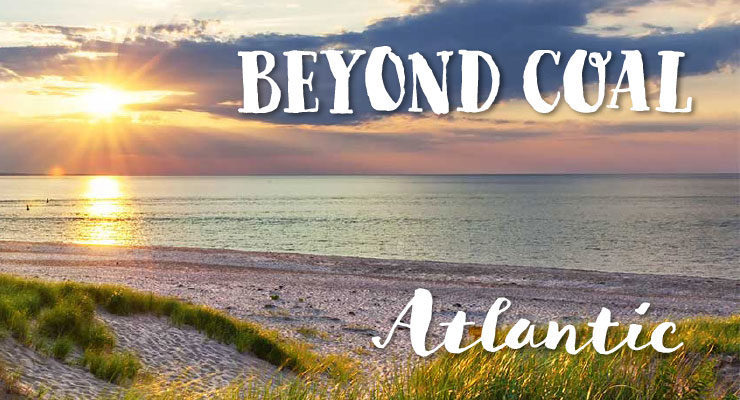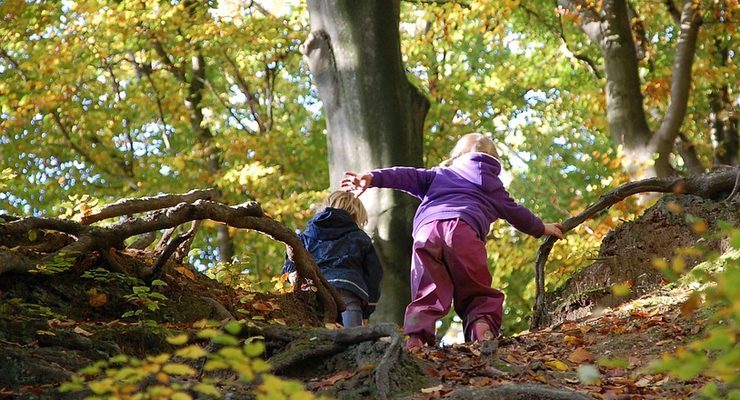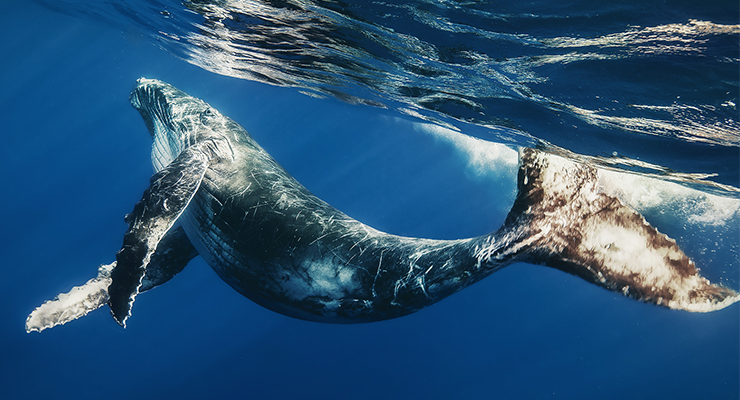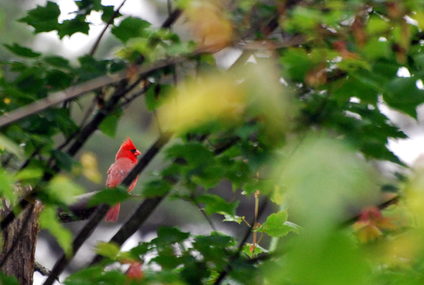Small steps save fish, big steps save rivers
Zack Metcalfe — June 9, 2014By Zack Metcalfe
The single greatest challenge in my life has always been avoiding despair when facing the mistakes of the last century. Several months ago I read a book called Here On Earth, by Tim Flannery, and in one chapter he describes a terrible mistake made long before I was born. The spent nuclear reactors of Russian power plants were dumped into the Arctic Ocean. Time and tidal forces will eventually penetrate their casings and cause unimaginable harm to the oceans.
Problems like this are beyond my power to rectify, as so many of the world's problems are. I imagine diving into those icy depths and hauling each reactor back onto land, but this is of course ridiculous; perhaps it's a coping mechanism.





